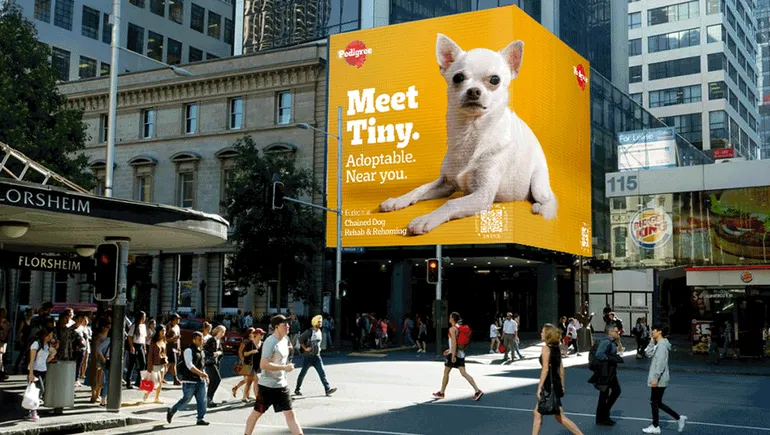
FTC targets big tech, demanding 10 years of acquisition data
UPDATE: Feb. 12, 2020: This article has been updated to include a statement from Microsoft.
Dive Brief:
- The Federal Trade Commission is investigating all non-reportable acquisitions by Alphabet, Amazon, Apple, Facebook and Microsoft from Jan. 1, 2010 through Dec. 31, 2019, according to an announcement from the agency. There is no minimum threshold for transaction prices in review.
- Under the Hart–Scott–Rodino Antitrust Improvements Act (HSR), companies are not required to report some acquisitions to the FTC or the Department of Justice. The FTC wants to know why some transactions went unreported and if they are “problematic,” said FTC Chairman Joe Simons during a conference call for media. “All options are on the table.” He expects the agency to review “hundreds” of transactions.
- The FTC is using a “broad” definition of acquisition, which will include investigating obtained data, licensing, and the ability of a company to make an appointment on another organization’s board. There is no specified timeframe for the investigation, but the agency expects to “move very quickly,” said Simons. “We look forward to working with the FTC to answer their questions,” according to a Microsoft spokesperson, in an email to CIO Dive.
Dive Insight:
The companies chosen — big tech’s top five players — are among the largest companies in the U.S. economy. Big tech famously lacks the rigorous regulation other industries have.
“We are trying to capture or identify whether [acquisitions] give sufficient control or influence over other entities,” said Simons. The investigations could ultimately lead to an “unwinding” of past acquisitions.
The FTC is educating itself on where “there needs to be more antitrust investigation,” said Simons. Though looking for transactions that fictitiously bypassed HSR Act reporting is not the intent of the FTC’s special orders, it is “conceivable” to find that scenario.
The investigation is adopting a general definition of competitor. Big tech is known for blurring the lines between industries: Is Uber a tech company or a taxi service? Because of the ambiguity, the FTC is evaluating whether an industry relationship is “competitive or complementary” to the companies receiving the order. There could be cases where an acquisition resulted in eliminating a competitive threat or monopolizing an adjacent market to a platform.
The inquiry is separate from existing antitrust investigations, said Simons. However, if enforcement actions will be required, that could change.
The FTC has struggled with obtaining the authority it needs to pursue big tech. Simons doesn’t expect any “meaningful challenge” from the outlined companies. But the FTC lacks the resources to fight big tech and has been at the mercy of these companies’ bottomless resources before.
Facebook’s $5 billion FTC fine following Cambridge Analytica, while historic, is the equivalent of a “parking ticket,” said Kara Swisher, editor-at-large at Recode of Vox Media, while speaking at Suits & Spooks cybersecurity summit in Washington Friday. The FTC was unsure if it could win a legal battle against Facebook.
“I know they wear adorable sweatshirts, but they hire lobbyists,” Swisher said.





